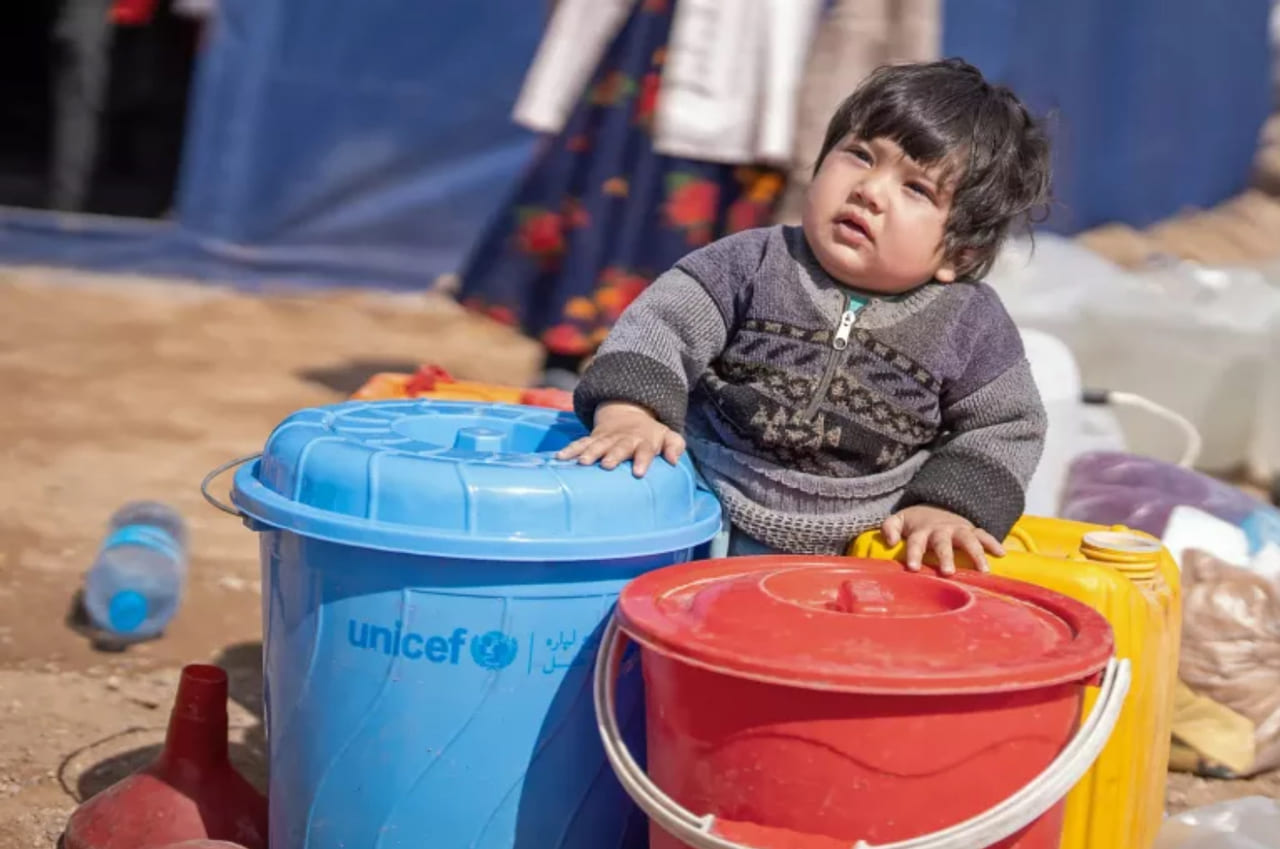One year after a series of powerful earthquakes devastated western Afghanistan, communities are gradually recovering, according to UNICEF. Families are rebuilding homes and lives, yet the progress remains fragile, with winter fast approaching and resilience still weak. The harsh season threatens to reverse recovery efforts and strain those still grappling with the loss of loved ones, homes, and livelihoods.

Last year’s multiple 6.3-magnitude earthquakes disrupted the lives of 48,000 families. Around 1,480 people were reported killed, and another 1,950 injured, with women and children making up over 90% of the fatalities. Thousands of families were forced into makeshift shelters with limited resources for survival.
In the immediate aftermath, UNICEF mobilized swiftly, targeting 96,000 children with urgent healthcare, water and sanitation services, cash assistance, and psychosocial support. As part of the UN’s coordinated Herat Earthquake Response Plan, UNICEF took the lead in addressing key sectors such as water, sanitation, hygiene (WASH), education, nutrition, and child protection. It also collaborated with other UN agencies to bolster the health sector and deliver multipurpose cash assistance to affected populations.
“UNICEF was well-prepared with pre-positioned emergency supplies. With support from donor partners, we responded within days to deliver aid where children needed it most,” said Dr. Tajudeen Oyewale, UNICEF’s Representative in Afghanistan. “Within 24 hours, we trucked in safe drinking water, set up temporary health facilities, and distributed essential supplies like blankets and winter clothing.”
Since then, UNICEF has focused on rehabilitating damaged water supply systems, rebuilding classrooms, and ensuring uninterrupted healthcare and nutrition services for women and children. Over 1mn people, including 400,000 children under the age of five, have received healthcare through UNICEF-supported facilities. The organization has also restored access to clean drinking water for 21,600 people and installed sanitation facilities benefiting 25,000 individuals.
“Children cannot thrive without essential services, especially climate-resilient water systems,” Dr. Oyewale emphasized. “In drought-affected regions like Herat, which are still recovering from the earthquakes, sustainable access to safe drinking water is crucial for community resilience.”
UNICEF’s approach extends beyond emergency relief, focusing on long-term solutions that help communities adapt and recover from future disasters. By promoting improved disaster-response practices, enhancing hygiene awareness, and developing essential infrastructure like water wells and health posts, resilience is being strengthened.
Local communities have also taken steps to rebuild their lives. In Karnail village, one resident dedicated part of his newly reconstructed home to serve as a temporary school, supported by UNICEF with educational materials to ensure children’s education continues despite the challenges.
Across Afghanistan, UNICEF is investing in strengthening the healthcare system, empowering community health workers, and constructing climate-friendly water supply networks. The organization is also working to create safer, more conducive learning environments for Afghan children.
As winter looms, UNICEF calls for continued and increased support to ensure Afghan children and families receive the services and resources they need to thrive. Without this assistance, the progress made so far could unravel, leaving the most vulnerable children at greater risk in the face of future crises.
Follow Daryo's official Instagram and Twitter pages to keep current on world news.
Comments (0)